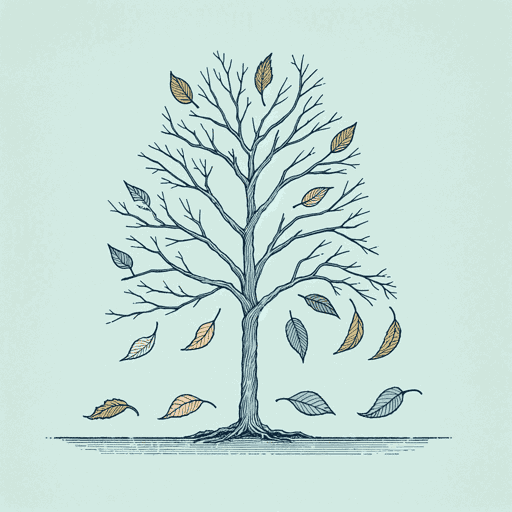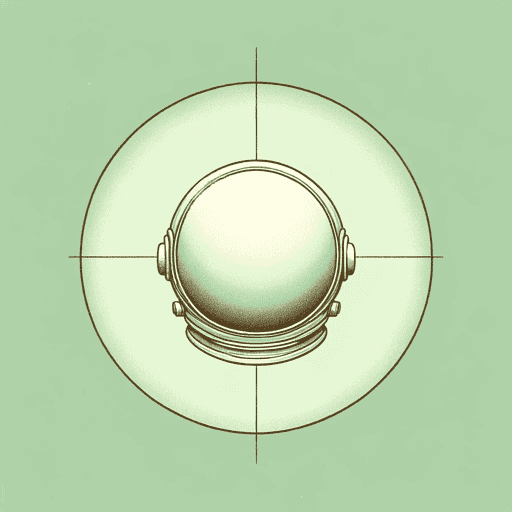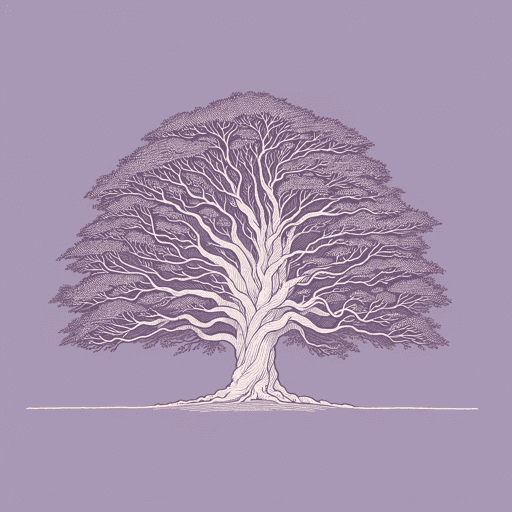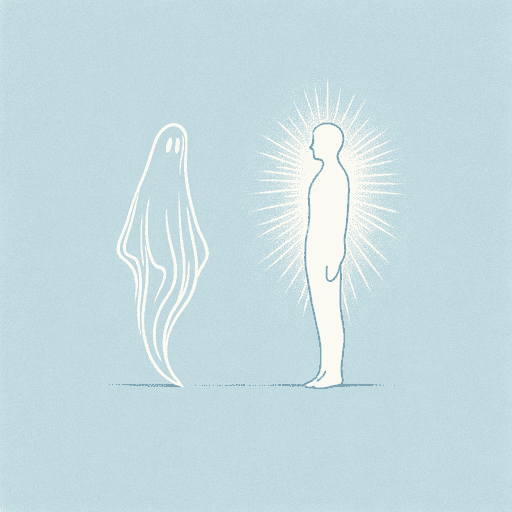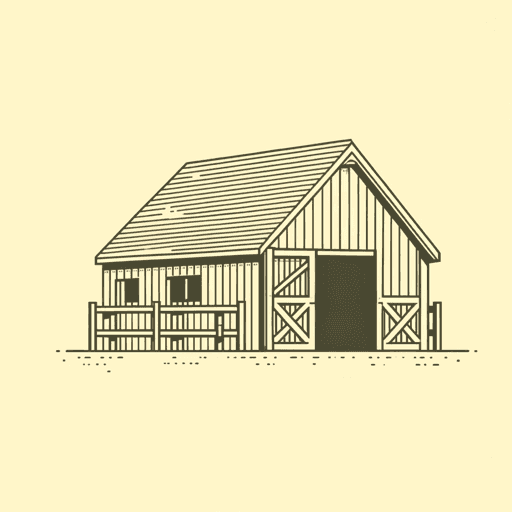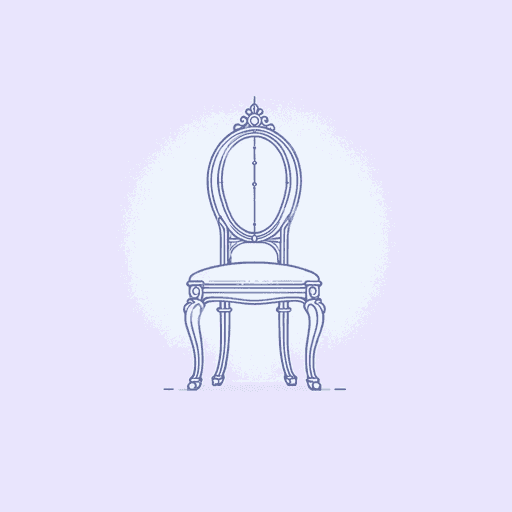71 pages • 2 hours read
The Lion, the Witch and the Wardrobe
A modern alternative to SparkNotes and CliffsNotes, SuperSummary offers high-quality Study Guides with detailed chapter summaries and analysis of major themes, characters, and more. For select classroom titles, we also provide Teaching Guides with discussion and quiz questions to prompt student engagement.
Important Quotes
“Everyone agreed to this and that was how the adventures began. It was the sort of house that you never seem to come to the end of, and it was full of unexpected places.”
(Chapter 1, Page 12)
The omniscient narrator makes it explicit that the plot’s central adventure, the discovery and exploration of Narnia, is about to begin. This creates a mood of excitement and anticipation, with Lewis’s use of past tense contributing to the narrator’s authoritative tone; it is as though they are describing events that have really happened. The storyteller has an overview of everything that happens during the novel and can share characters’ thoughts and feelings with the reader. Lewis also uses irony in these lines. When the author references “unexpected places,” he is not only talking about the dusty cupboards or spare rooms of the Professor’s old house, but the wardrobe and the entrance to Narnia, which none of the children would have imagined in their wildest dreams.
“He would have to admit that Lucy had been right, before all the others, and he felt sure the others would all be on the side of the Fauns and the animals; but he was already more than half on the side of the Witch. He did not know what he would say, or how he would keep his secret once they were all talking about Narnia.”
(Chapter 4, Pages 49-50)
In this passage, Edmund Pevensie realizes he will have to admit he was wrong about Narnia’s existence in front of the others, and he acknowledges that he prefers the Witch. Edmund is selfish and always seeking ways to benefit himself. Lewis develops Edmund’s initial characteristics as antithetical to those of Lucy Pevensie. Whereas his sister truthfully defends the existence of Narnia despite ridicule, Edmund considers lying to save himself the embarrassment of being proven wrong; while Lucy is honest and courageous, Edmund is deceitful and cowardly.



Related Titles
By C. S. Lewis
Featured Collections
Action & Adventure
View Collection
Christian Literature
View Collection
Coming-of-Age Journeys
View Collection
Forgiveness
View Collection
Juvenile Literature
View Collection
Religion & Spirituality
View Collection
Required Reading Lists
View Collection
School Book List Titles
View Collection
The Best of "Best Book" Lists
View Collection

